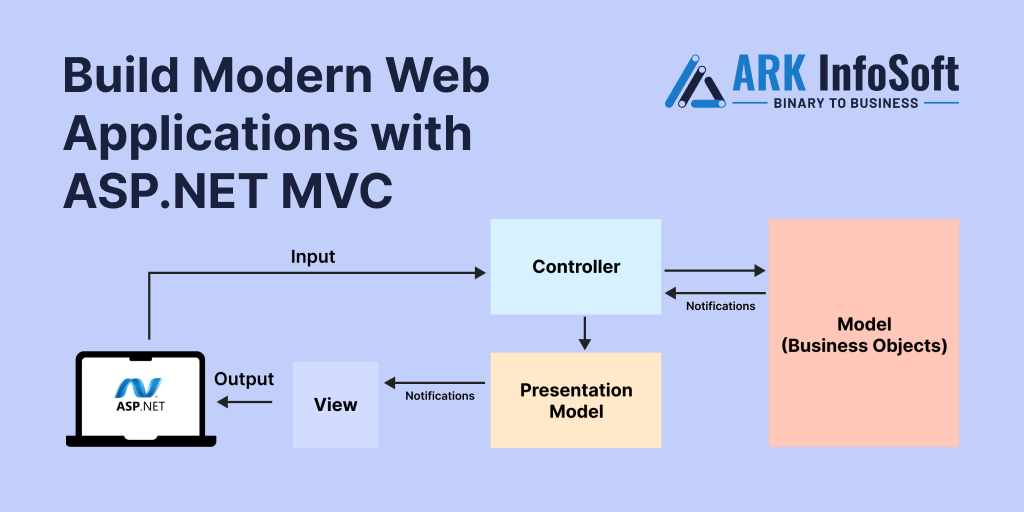.NET vs. Java: A Comprehensive Comparison
Java: Java is known as a programming language that can work on any operating system. Java also offers a Java virtual machine (JVM) which enables code to successfully run on any device and any operating system. Java also supports languages like Python, Ruby, etc. It’s widely used in developing software ranging from laptops to data center software, mobile apps, and more.
.Net: .Net is majorly known to be a framework. It focuses only on Windows and supports diverse versions of Windows. With the .NET framework, you can build Windows applications, games, and software easily .Net supports languages like C#, C++, VB.NET, etc. It supports diverse web services by default since it is built-in.
Comparison between Java and .NET
Operating Systems:
Java's portability allows it to run on multiple operating systems, including Windows, Linux, and macOS, by utilizing specific JVMs for each platform. On the other hand, .NET, by default, primarily runs on Windows operating systems. However, with the introduction of .NET Core, cross-platform development is now possible.
IDEs and Tools:
Java offers multiple popular IDEs, including Eclipse, IntelliJ IDEA, Oracle NetBeans, and Oracle JDeveloper, which provide comprehensive development environments. In contrast, .NET developers primarily use Visual Studio, an advanced IDE specifically designed for .NET development, offering a wide range of features, tools, and debugging capabilities.
Efficiency:
Java operates as an interpreted language, converting code to machine language during runtime. On the other hand, .NET compiles code ahead of time, resulting in increased efficiency and performance. Additionally, .NET includes a querying ability, LINQ (Language Integrated Query), which is not available in Java.
Language Support:
While Java is a programming language, it supports other languages through Java Virtual Machines (JVMs). JVMs for different languages, such as Ruby and Python, allow developers to use Java libraries and leverage the benefits of Java in those languages. On the other hand, .NET is a framework that supports various programming languages, including C#, C++, F#, VB.NET, and more. This language support in .NET provides developers with flexibility and choice.
Application type suitability:
Another difference is the type of applications they are best suited for. .NET is often used for building Windows desktop and web applications, while Java is more commonly used for building cross-platform, enterprise-level applications. For example, if you are building an application that needs to run on Windows and have access to Microsoft's technologies like Office or Azure, .NET would be a better fit. On the other hand, if you need to build an application that can run on multiple platforms and has a big ecosystem with a lot of libraries, Java would be a better choice.
Performance and memory management:
Another example would be the performance, Java is known to have better performance than .NET in certain scenarios. for example, when it comes to large-scale data processing, distributed systems, and high-performance computing. While, .NET has a built-in garbage collector which automatically manages memory, whereas Java uses a manual approach for memory management. This can result in better performance for certain types of applications, such as gaming or other real-time applications.
Platform Independence:
Java follows the "Write Once, Run Anywhere" philosophy, achieved through the JVM, allowing Java applications to run on any device with a compatible JVM. And .NET, initially Windows-centric, expanded its cross-platform support with the introduction of .NET Core (now .NET 5 and later), enabling deployment on Windows, Linux, and macOS.
Ecosystem:
Java has a mature and extensive ecosystem, featuring a rich set of libraries, frameworks (such as Spring and Hibernate), and tools. Similarly, .NET provides a comprehensive ecosystem, encompassing frameworks like ASP.NET, Entity Framework, and libraries like LINQ.
Conclusion:
In conclusion, both .NET and Java are capable frameworks with their own strengths and weaknesses. The choice between them depends on factors such as project requirements, existing infrastructure, developer skillsets, and platform preferences.







Leave A Comment